|
|

|
Twin Oaks Intentional Community
Twin Oaks is an intentional community in rural central Virginia, made up of around 85 adult members and 15 children. Since the community's beginning in 1967, our way of life has reflected our values of cooperation, sharing, nonviolence, equality, and ecology. We welcome you to schedule a visit.
We do not have a group religion; our beliefs are diverse. We do not have a central leader; we govern ourselves by a form of democracy with responsibility shared among various managers, planners, and committees. We are self-supporting economically, and partly self-sufficient. We are income-sharing. Each member works 42 hours a week in the community's business and domestic areas. Each member receives housing, food, healthcare, and personal spending money from the community.
Our hammocks and casual furniture business generates most of our income; indexing books and making tofu provide much of the rest. Still, less than half of our work goes into these income-producing activities; the balance goes into a variety of tasks that benefit our quality of life - including milking cows, gardening, cooking, and childcare. Most people prefer doing a variety of work, rather than the same job day in, day out.
A number of us choose to be politically active in issues of peace, ecology, antiracism, and feminism. Each summer we are hosts to a Women's Gathering and a Communities Conference where we welcome both experienced communitarians, and seekers who are new to community living.
Twin Oaks was founded in 1967 by a small and struggling core group of communitarians committed to building a sustainable and egalitarian society. Since then it has developed into one of the largest and most successful intentional communities in North America. While Twin Oaks has always been committed to nonviolence, egalitarianism, and sustainability, the last several years leading up to the millennium have seen the blossoming of an increased ecological orientation to such an extent that we are beginning to consider Twin Oaks an eco-village.
Twin Oaks occupies 400 acres of land in rural central Virginia, about halfway between Richmond and Charlottesville. It is currently home to about 80 adult members and 15 children, though with community friends, guests, and visitors frequently around, there are usually more than 100 people around on any given day. The vast majority of our members do almost all their work "on the farm," meaning on Twin Oaks property. We work in community-owned businesses (hammock-making, soy foods, and book indexing) and in domestic areas such as gardening, cooking, and child care. Community members pool incomes and resources, and live together in a total of 8 residences spread across the community. Every member works about 43 hours a week; in exchange, the community provides for all personal needs and many personal "wants." Our resource-sharing lifestyle enables us to live lightly on the earth, minimize waste and inefficiency, and invest wisely in collective goods (an artificial pond, a volleyball court, a miniature home theater, computers, shared music equipment, and many other things).
Our lifestyle has enabled us to largely do away with driving within community boundaries. Most of us walk or bike to our work areas. Several of our members work as bicycle managers, taking responsibility for maintaining and repairing all the community's bikes. There are bike racks in front of our dining hall and in our central courtyard, and no bike is ever chained. Any member can use any available public bike. Our bike managers are currently using money from the bike budget to purchase cheap, barely-functioning used bikes and upgrade them to workable condition to ensure that enough bikes will always be available. Former Twin Oaks members have been instrumental in spreading bike activism to the surrounding area; for example, one ex-member successfully worked to have Charlottesville add bike lanes to many of its roads.
We share a fleet of 8 cars and 10 other vehicles (pickup trucks, vans, work-only vehicles) among all members. A structured vehicle sign-out system enables us to coordinate our travel schedules. Given how few cars we need for how many people we have, the community budget can afford to subsidize travel. The community's labor budget also funds a daily "bus" service to Louisa, a semi-weekly trip to Charlottesville, and a weekly trip to Richmond, so that a single trip can take care of dozens of people's errands. The night before a trip, members submit descriptions of errands they need to have taken care of, and the assigned "tripper" does them all--purchasing chocolate for one member, returning another's borrowed videos, taking still another to a dentist appointment, and more. We have our own community mechanic who keeps the cars in good shape and emitting only a minimum of pollution.
In addition to encouraging biking and minimizing driving, the "Twin Oaks lifestyle" strives to limit our use of fossil fuels in our residences. We use solar-heated hot water throughout the community during the spring and summer, and one residence uses wood instead of propane for heating water during the winter. We use scrap wood from our sawmill business for this heat, rather than relying solely on wood from clear cuts. Ten percent of our population lives in a residence in which electricity is generated by solar power. Several of our members have developed expertise in alternative energy systems, and Twin Oaks' labor credit system allows them to receive full credit for the use of their time in maintaining and improving these systems.
We are currently moving toward more environmentally benign systems in other areas of the community as well. We have installed low-flow toilets throughout the community, and also have a functioning composting toilet. Our organic garden provides an ever-increasing proportion of our food. Our tofu business uses local organically grown soybeans and provides consumers with a low-environmental impact alternative to meat. In general, we are continuously striving to use our unique resource-sharing social structure to enable us to live with minimal environmental disruption.
Source: http://www.twinoaks.org
|
|
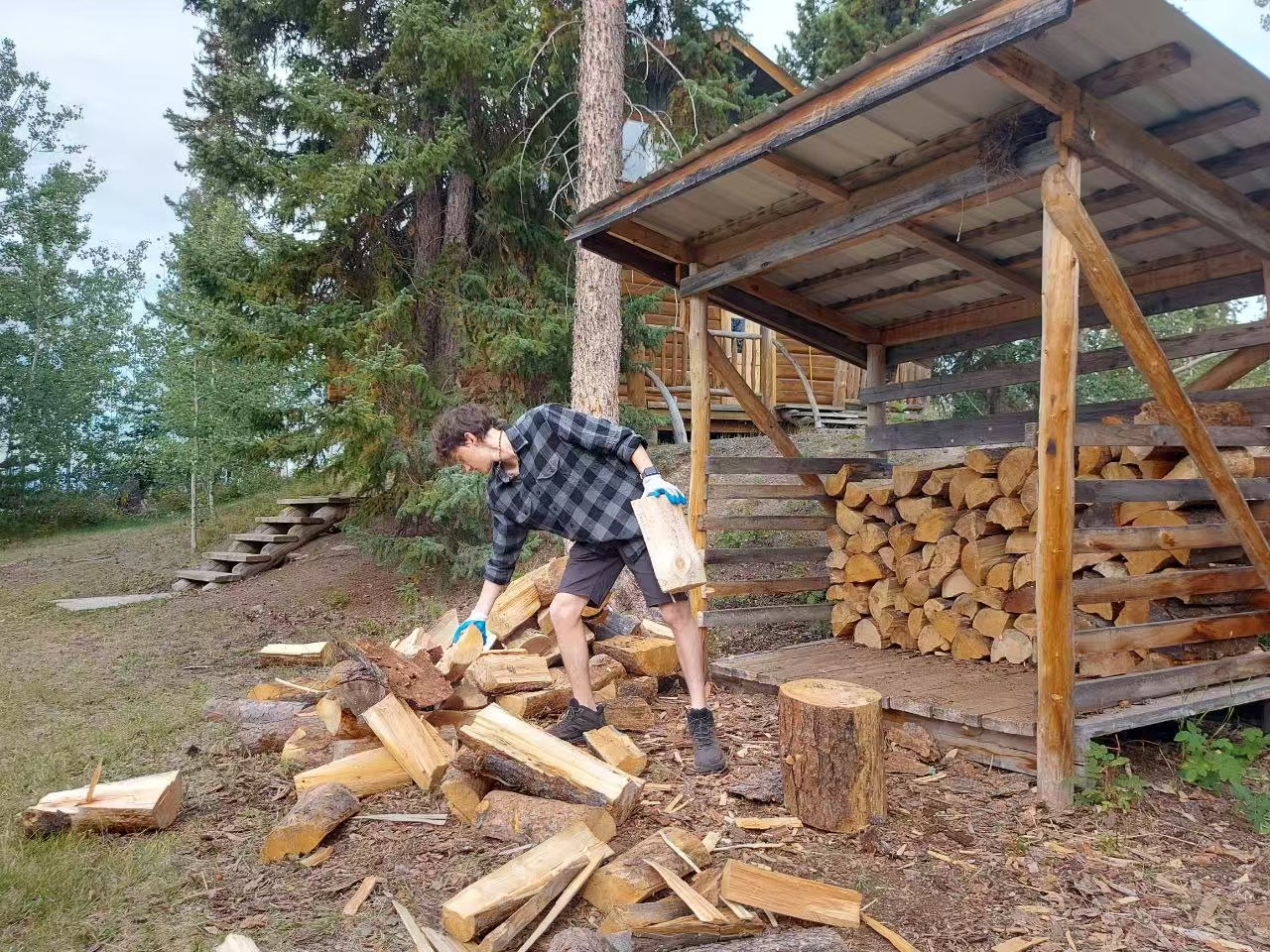 Haha, I’ve got a helper now!
Xuefeng
September 8, 2024
(Translation edited by Q
Haha, I’ve got a helper now!
Xuefeng
September 8, 2024
(Translation edited by Q
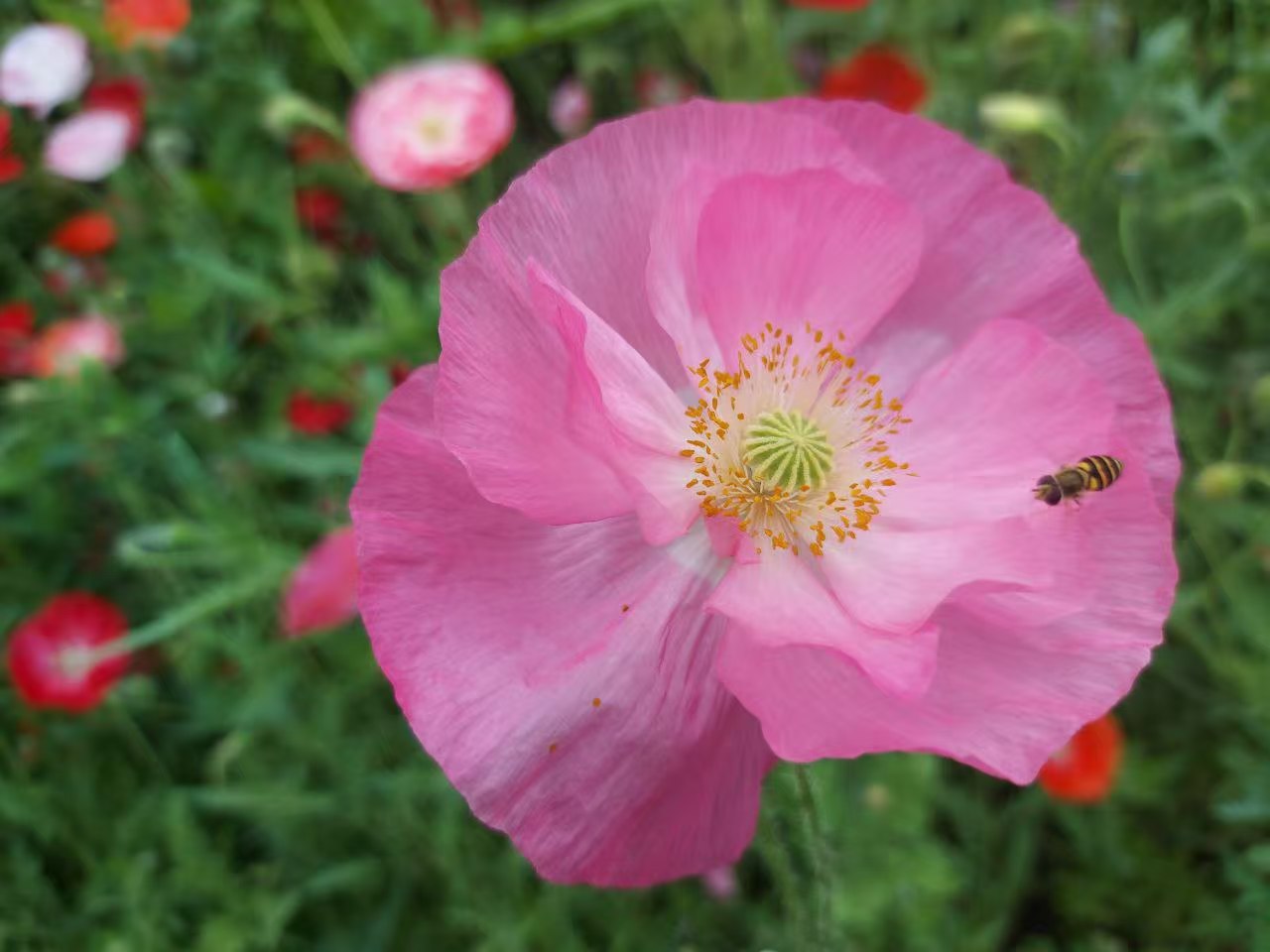 Haha, I felt young again!XuefengYesterday morning, after breakfast, I started ch
Haha, I felt young again!XuefengYesterday morning, after breakfast, I started ch
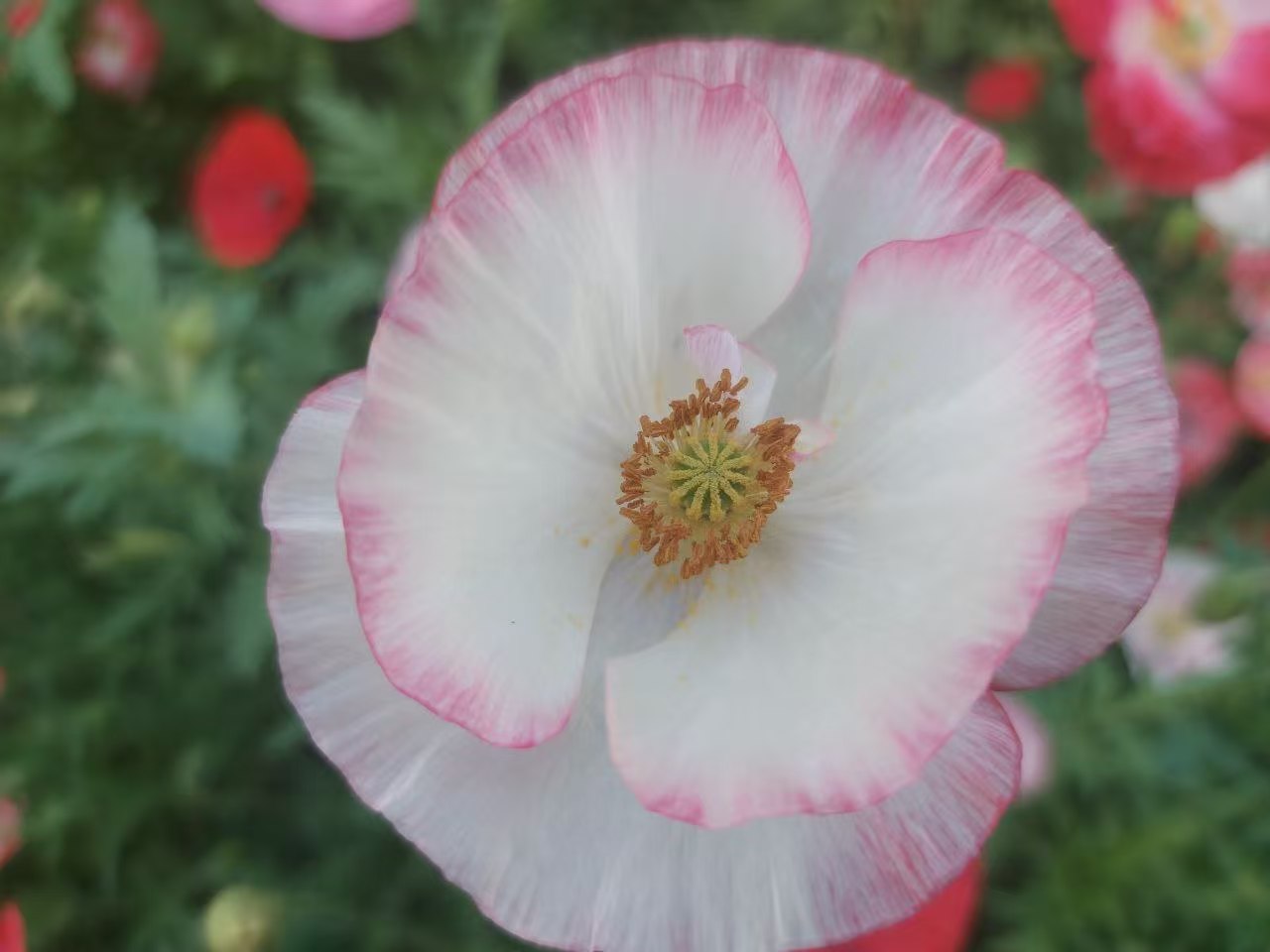 Papaver rhoeas: The Designated Flower of Lifechanyuan
by Xuefeng
August 20, 2024
Papaver rhoeas: The Designated Flower of Lifechanyuan
by Xuefeng
August 20, 2024
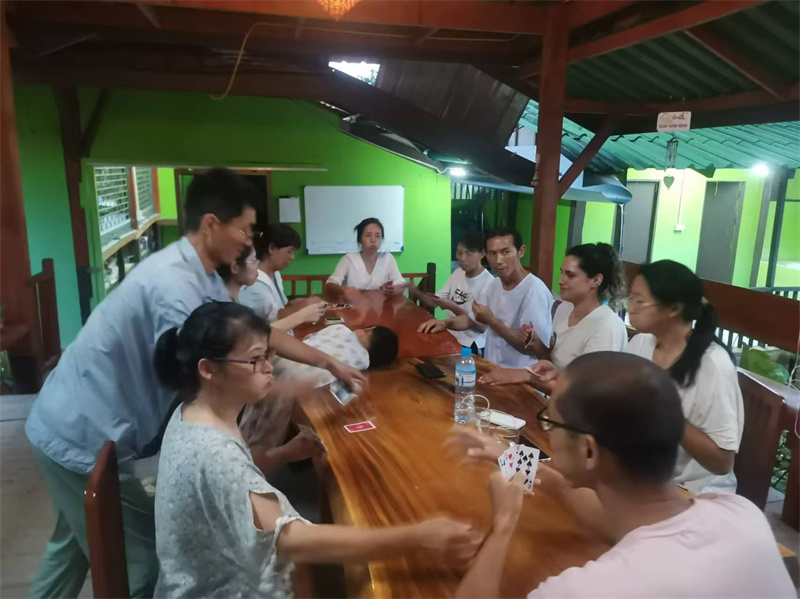 Joyful Games and Warm Welcome for Gabi at Lifechanyuan's Thai Home
Qianzi Celest
Joyful Games and Warm Welcome for Gabi at Lifechanyuan's Thai Home
Qianzi Celest
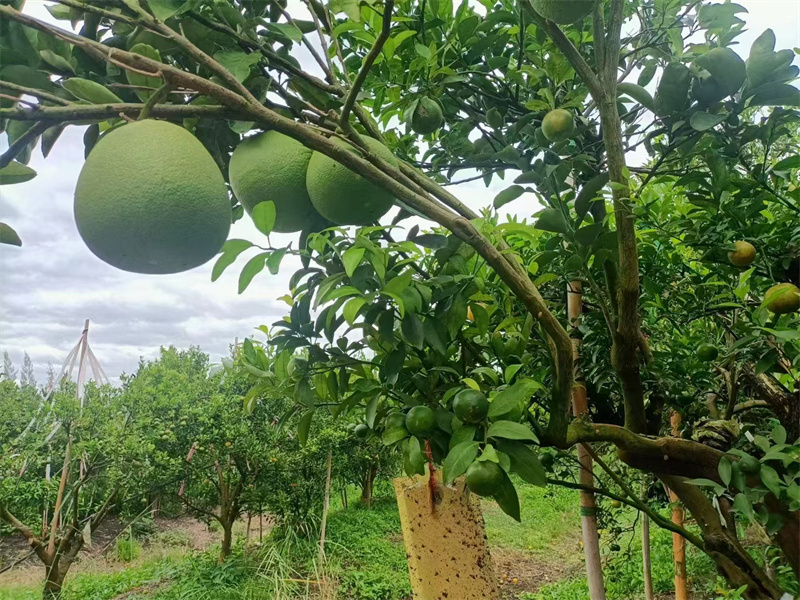 Chilean Girl Gabi Experiences the Life of Lifechanyuan Thailand Second Home Comm
Chilean Girl Gabi Experiences the Life of Lifechanyuan Thailand Second Home Comm
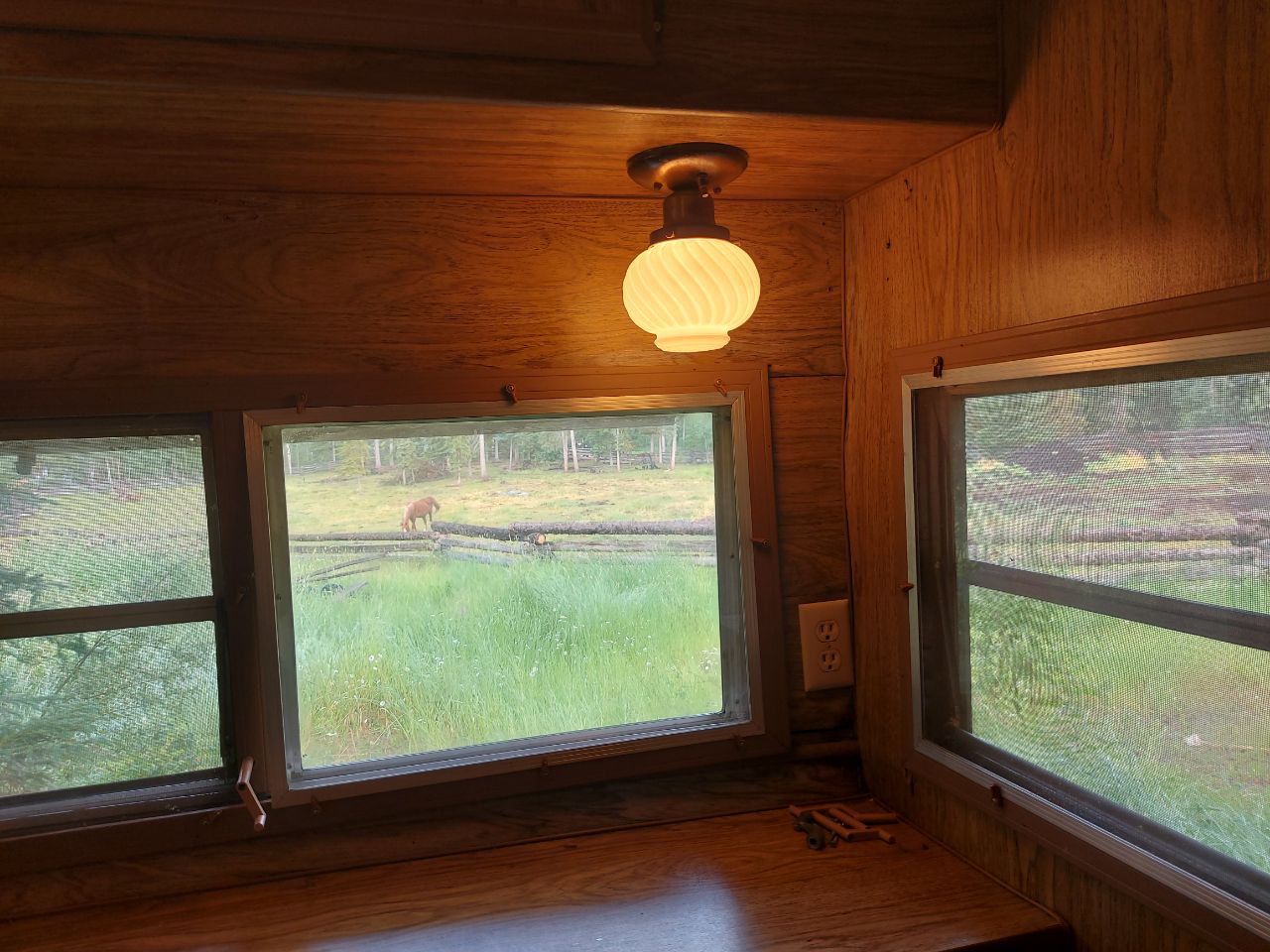 Another Clean and Tidy Joy House
In the tourist resort Holy Land Home, the guide
Another Clean and Tidy Joy House
In the tourist resort Holy Land Home, the guide
 Post time 2017-09-07 17:55:41
|
4109views0replies
Show the author posts only
|View large image
Post time 2017-09-07 17:55:41
|
4109views0replies
Show the author posts only
|View large image
 |Descending
|Read mode
|Descending
|Read mode





 Favorites
Favorites Relay
Relay Shares
Shares Collection
Collection